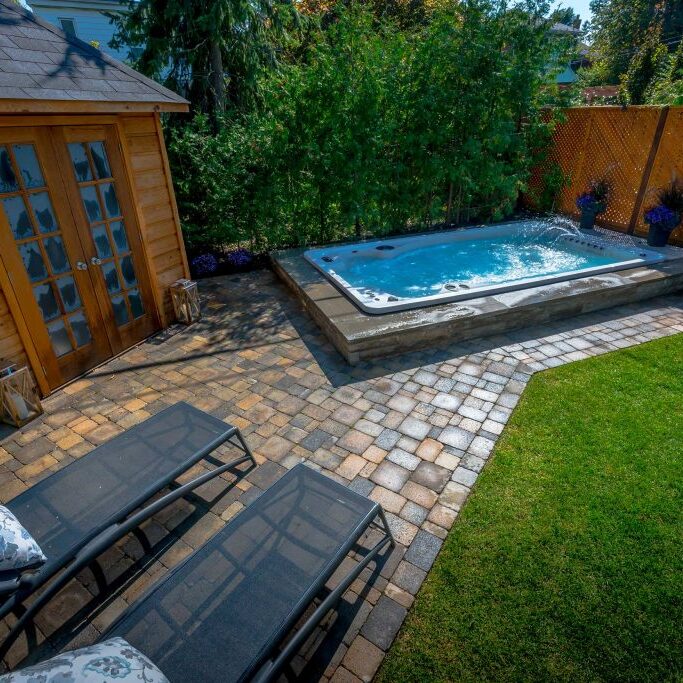If you’ve been researching pools at all this year, you may have noticed that plunge pools are seriously trending. While you probably have some idea of what a plunge pool is all about, you might be wondering about the specifics that make these pools different from traditional swimming pools. In this post we’ll answer some of the most common questions so you can decide if a plunge pool is right for you.
What makes it a plunge pool?
Plunge pools are designed for dipping and cooling off. They are typically on the smaller side and have a uniform depth, usually no more than 5 feet deep. Some plunge pools may also have steps built into the sides for when you want to comfortably submerge into the cool water.
How is this different from a regular pool?
Plunge pools and traditional swimming pools are constructed in essentially the same way. The main difference is the flat-bottom of the plunge pool, and the fact that it is more used for dipping and cooling off rather than swimming. Just as with traditional pools, you can select between vinyl-lined or fibreglass, and professional installation is still recommended.
How much does a plunge pool cost?
Just as with any pool project, plunge pool cost can vary widely depending on the materials and features you choose for your plunge pool design. If you’d like an accurate quote, talk to one of our pool experts today!
Does a plunge pool need a pump and filtration system?
Absolutely! Other than the smaller than average size, a plunge pool requires all the same equipment as a traditional pool to function properly. That means a comprehensive pump system to circulate and clean your water. Your plunge pool will also require regular cleaning, service and chemical treatments, just like a traditional pool.
What are the benefits of plunge pools?
Many people prefer to keep their plunge pools on the cooler side. This can make them extra refreshing on a hot summer day. It also means they pair well with a hot tub for contrast hydrotherapy. Plunge pools are also an excellent choice for people with smaller backyards. They’re a great size for younger kids to play in, and they give the whole family an opportunity to cool off without taking up too much space.
Considering a plunge pool?
We can help you explore your options. Connect with one of our pool experts today to learn more!
RELATED GUIDES & RESOURCES
![swimming-pool-small-yard-9 Photo: Hydropool [swim spa]](https://budsspas.com/wp-content/uploads/bb-plugin/cache/swimming-pool-small-yard-9-square-57235efa5c8b11df53a00ee0c9a24018-.jpg)
Treating Biofilm in a Swim Spa
How to Treat Biofilm in your Swim Spa What is Biofilm? Biofilm in hot tubs refers to a complex community of microorganisms that adhere to surfaces and form a slimy, protective layer. Biofilm can develop on various surfaces within a hot tub, such as the walls, pipes, and filters. IMPACT Reduced effectiveness of sanitizers: The…
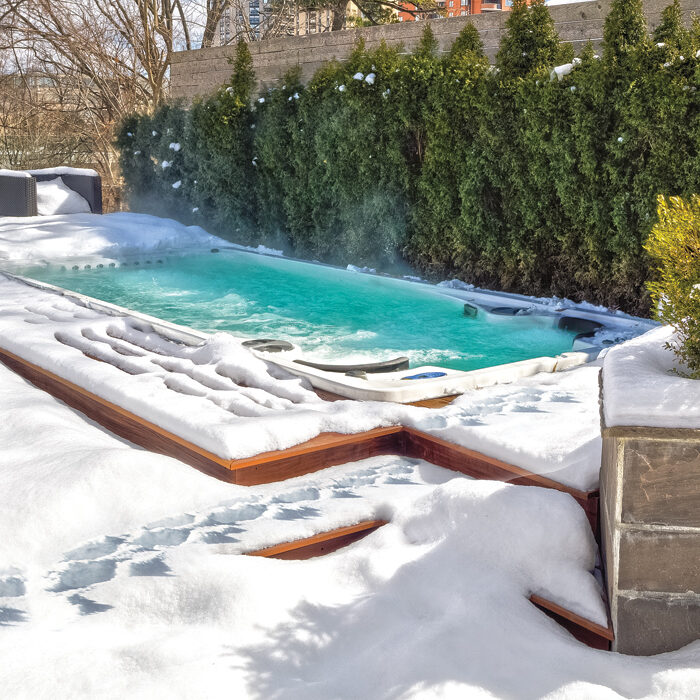
Swim spa winterization guide
how to prepare your swim spa for the winter Winterizing your swim spa properly is extremely important to ensure that all the lines and equipment do not freeze and crack over the winter. Drain spa as per normal procedure. Remove pillows, the skimmer basket and the filter(s) from the canister. Chemically clean your filter(s) with…
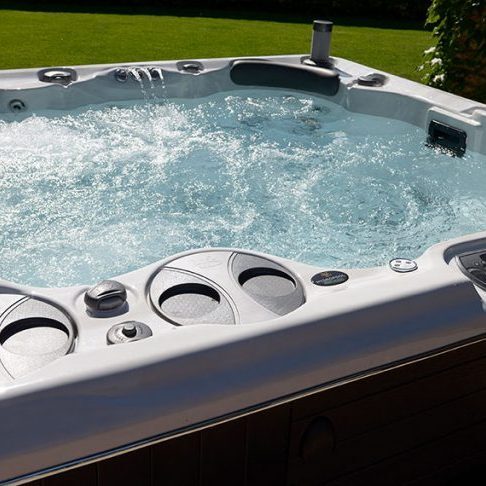
Treating Foaming in a hot tub
In its most formal application, contrast hydrotherapy involves alternating between immersion in hot and cold water. It’s a practice with growing popularity among athletes and health enthusiasts for its many reported benefits.
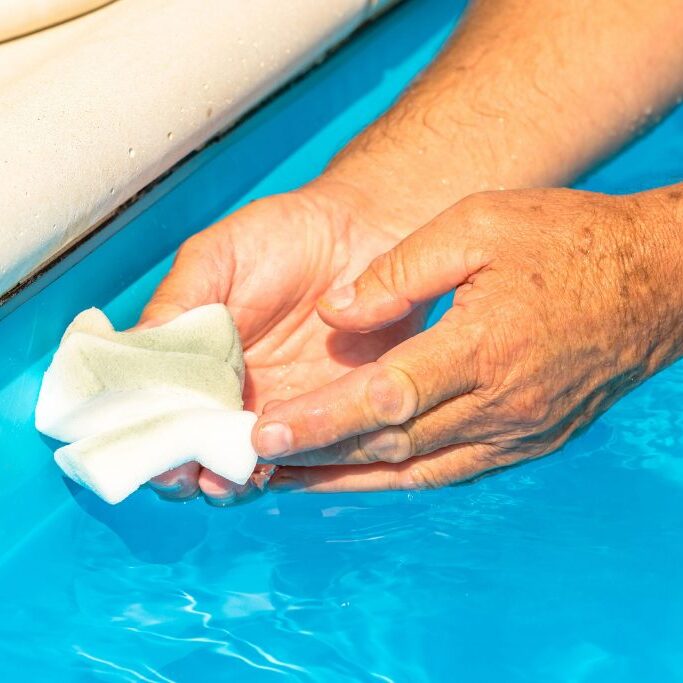
How to Treat and Prevent Metals and Staining
How to treat and prevent metals and staining Metals and Staining in a Pool Metals can be introduced to the water through foreign object or equipment such as: Copper piping and fittings, Heat exchanger, Using Copper Sulphate and other copper-based algaecides, Source water. Metals in pool water may cause staining to the liner, fiberglass, or…
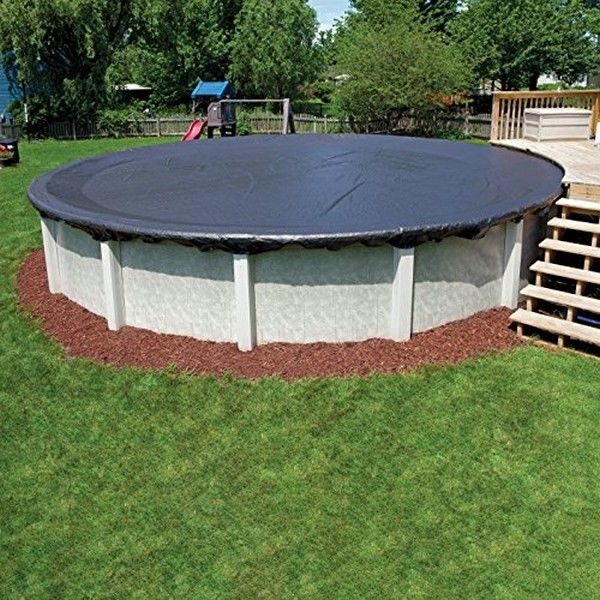
Above Ground Pool Closing Instructions
How to close your above ground pool Pool Closing Steps 1 One week prior to closing, bring a pool water sample to the store so your pool can be properly balanced. It is natural for sitting water to become acidic on its own, so balancing the water is very important prior to closing your pool.…
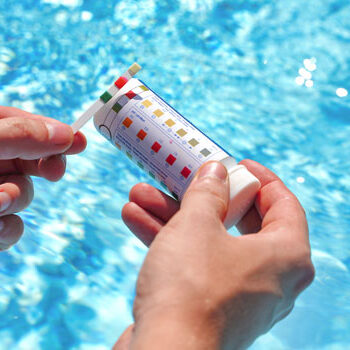
The Benefits of Borate to Treat Your Pool
Why Your Should Use Borate In Your Pool What is Borate? Borate prevents pH drifting, which results in calcium scaling, metal stains, cloudy water, algae, and hard pool water. When you use borate, the water will remain clear for a long period since chloramine (or combined chlorine) does not form quickly as compared to a…
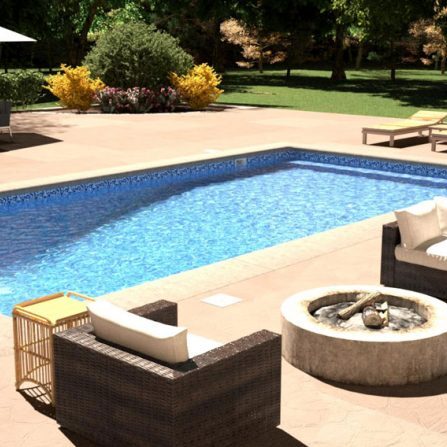
How to Reduce Phosphates in Your Pool
How to Reduce Pool Phosphates What are phosphates? Phosphates are food for algae. Although they are present in all water, once they reach a certain level they can cause issues in your pool. Phosphates can consume chlorine causing a consistently low level in your pool. When you have an extremely low chlorine reading, your pool…
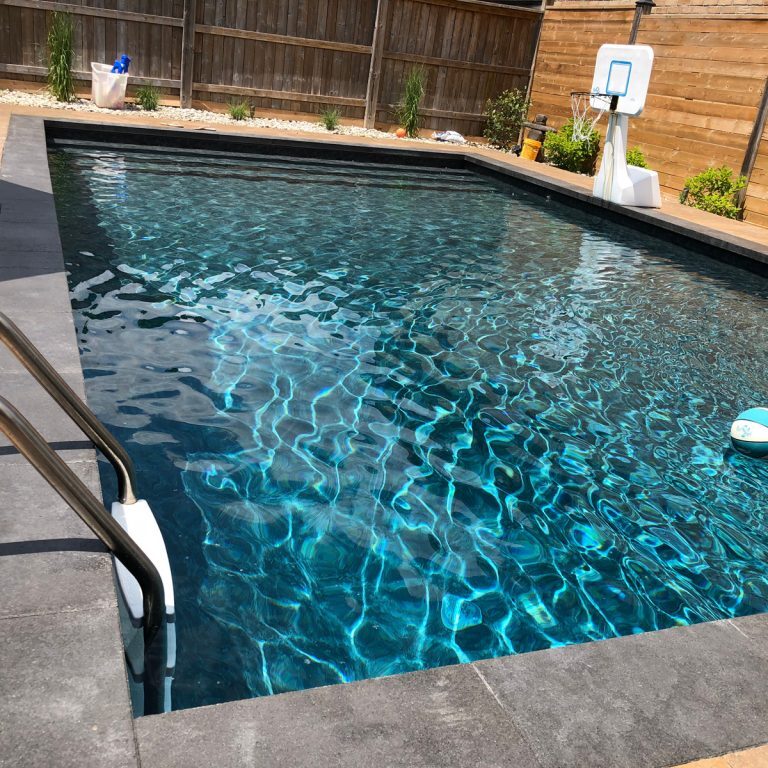
Spring Set-up for Pool UV Systems
How To Open Your Pool’s UV System SET-UP INSTRUCTIONS When spring arrives, it’s time to pull out your UV system and get it ready for the summer pool season. Below is a checklist that will help in getting the most out of your system. If your UV system is still installed on your pool equipment,…
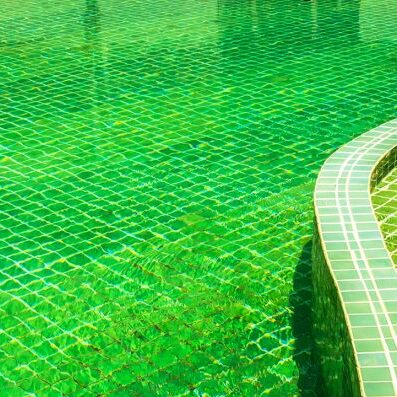
How to Treat Pool Algae
How to Treat and Prevent Algae How to Treat and Prevent Algae during Spring Opening Warning: when following these steps, DO NOT use your automatic vacuum as there is no option of vacuuming on waste/drain. Bring a pool water sample into Buds for water balance assistance. Remove large organic debris from the bottom of the…
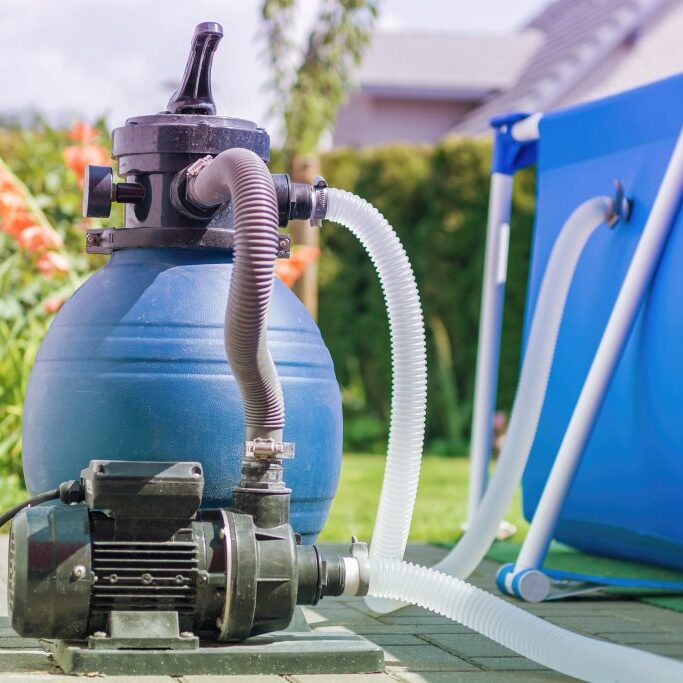
How to Change & Clean the Filter Media
How to Clean & Change a sand filter How to Change the Filter Media Sand should be changed in the filter every 3-5 years. However, if the sand is not cleaned once per season the sand may need to be changed much more often than that. 1 Turn off the pump. 2 Take the drain…
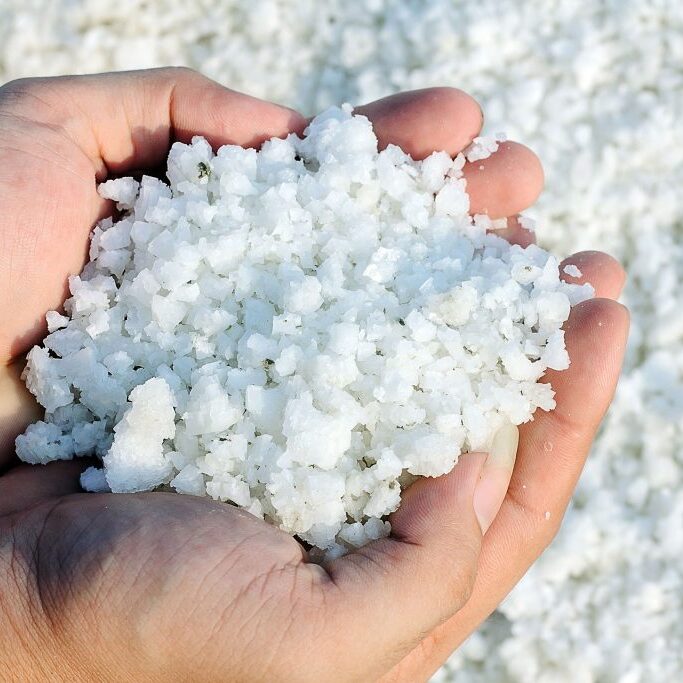
How to Clean a Pool Salt Cell
How to Clean a Salt Cell It is important to maintain a clean salt cell so chlorine can be continuously produced. Salt cells that have a lot of scale or calcium build up cannot effectively produce sanitizer and often create flow issues within the pool system. You should check your salt cell weekly to ensure…
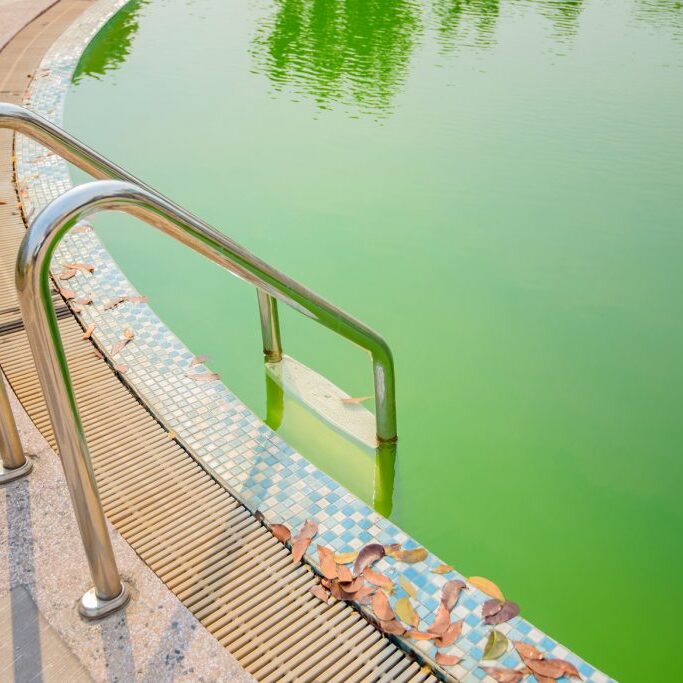
How to Treat and Prevent Cloudy or Foggy Pool Water
How to Treat Extremely Cloudy or Foggy Water How to Treat Extremely Cloudy or Foggy Water Bring a pool water sample into Buds Spas and Pools for water balance analysis. Adjust pH and/or chlorine levels as recommended by the water lab. Follow Option A, B or C depending on the level of clarity in the…
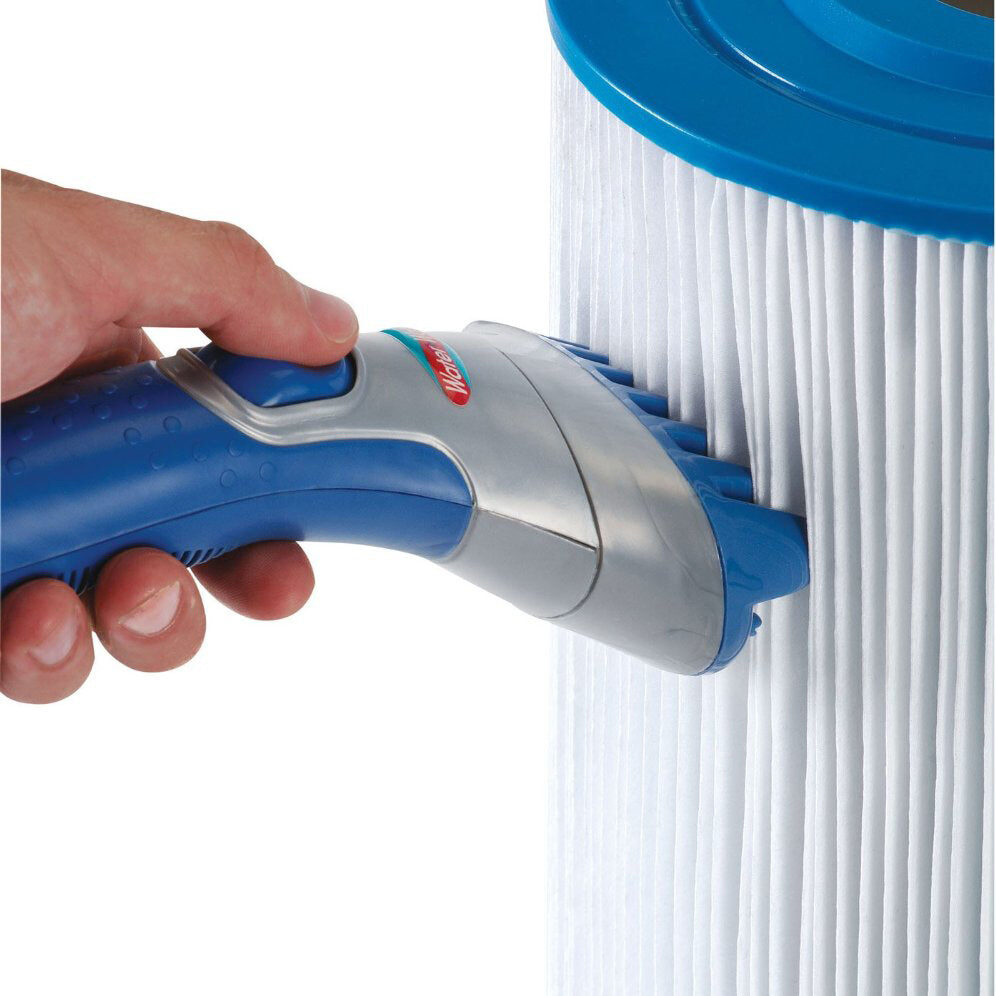
Pool Filter Cartridge Cleaning Instructions
How To Clean A Pool Filter Cartridge When should a cartridge element be cleaned? For hot tubs and swim spas, establish a routine cartridge cleaning schedule based on the amount of spa usage. This should include rinsing the cartridge weekly (or more frequently with heavy use), as well as using Rapid Action Filter Cleanse every…
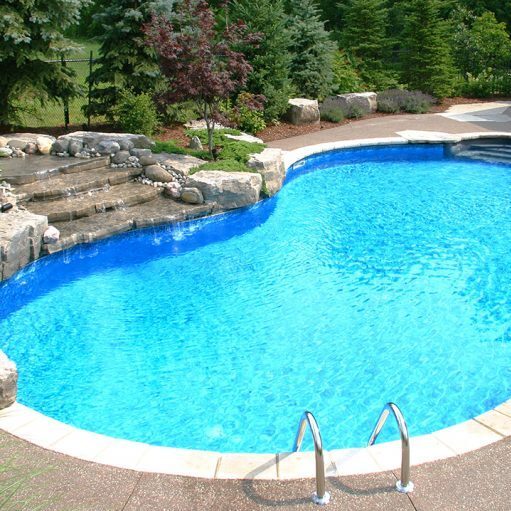
Maintenance for Saltwater Pools
Saltwater pool maintenance Helpful Tips to Maintain Your Pool New pool or new liner customers: Please bring in a water sample to Bud’s Spas and Pools before adding any chemicals and/or before entering your pool for the first time. Filtration To maintain proper filtration the pump should be operating 24/7. If your pump is on…
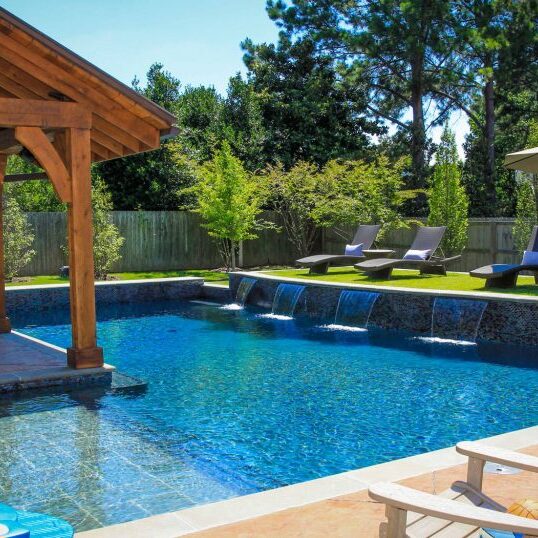
Maintenance for Non-Saltwater Pools
Non-saltwater pool maintenance HELPFUL TIPS TO KEEP IN MIND WHEN MAINTAINING YOUR POOL NEW POOL OR NEW LINER CUSTOMERS:PLEASE BRING IN A WATER SAMPLE (IN THE SAMPLE BOTTLE PROVIDED) TO BUDS SPAS AND POOLS BEFORE ADDING ANY CHEMICALS AND/OR BEFORE ENTERING YOUR POOL FOR THE FIRST TIME. Filtration To maintain proper filtration the pump should…
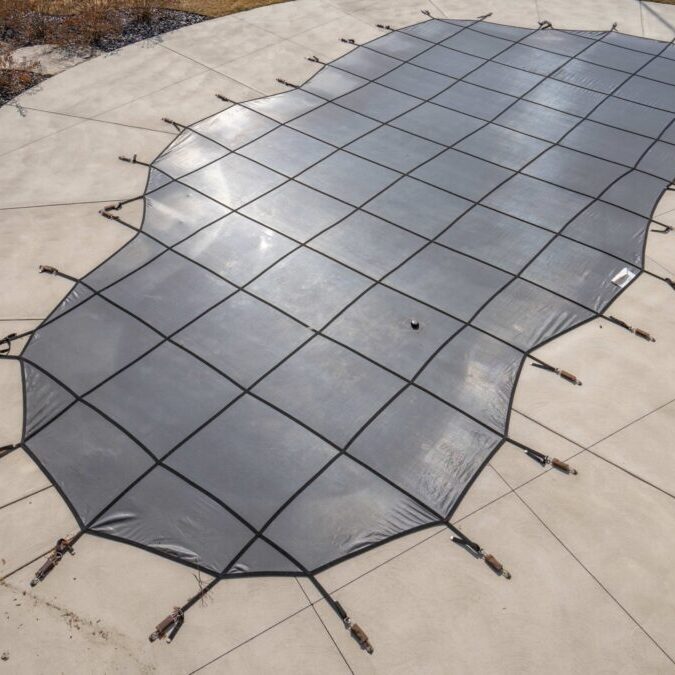
Inground Pool Closing Instructions
Pool Closing Instructions Follow these steps to properly close your pool this year 1. One week prior to closing, bring a water sample to the store so your pool can be properly balanced. 2. 48 hours before closing, clean your sand filter with Filter Cleaner. If you have a cartridge filter, it can be cleaned…
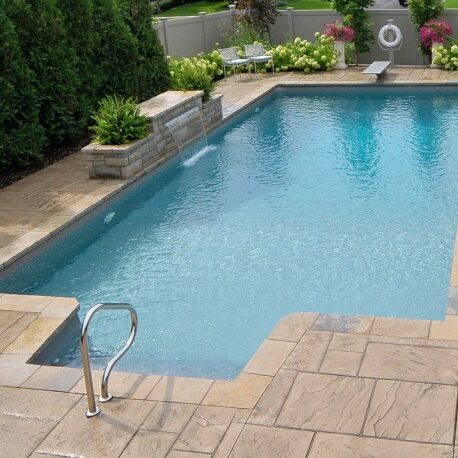
Pool Opening Instructions
Pool Opening Instructions Pool Opening Instructions 1. Remove any leaves or debris from the top of your winter cover (this should not go in the pool). 2. Remove the water off your pool cover using a submersible pump. When using a submersible pump, please ensure that the pump is not sitting directly on the pool…
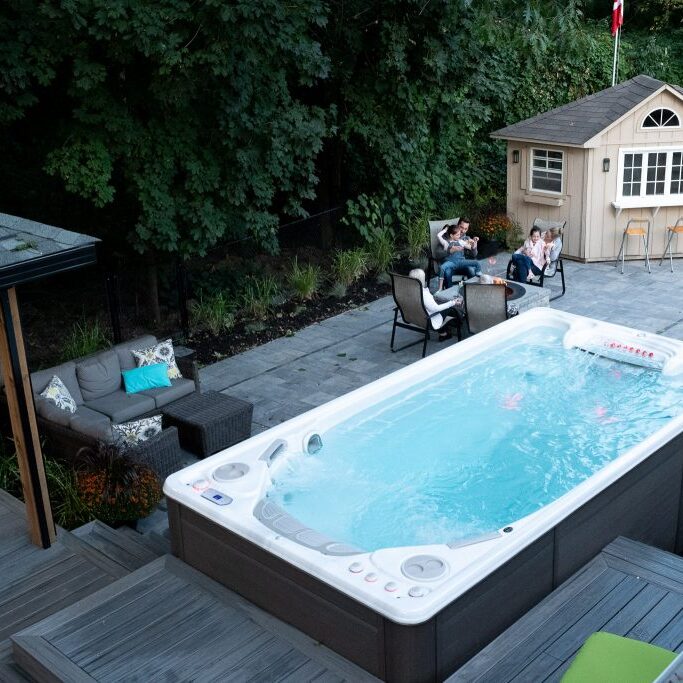
Treating Phosphates in Swim Spas
In its most formal application, contrast hydrotherapy involves alternating between immersion in hot and cold water. It’s a practice with growing popularity among athletes and health enthusiasts for its many reported benefits.
